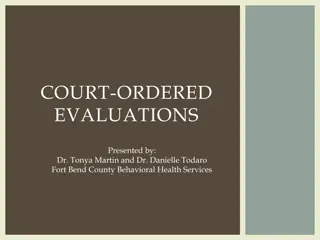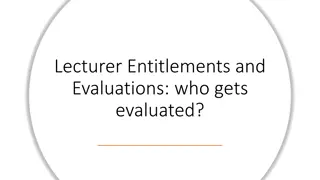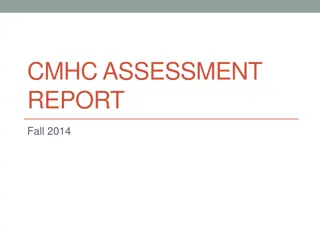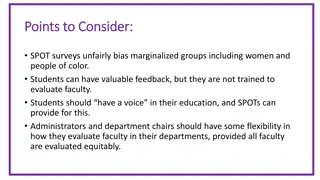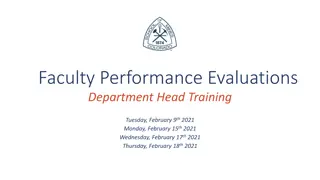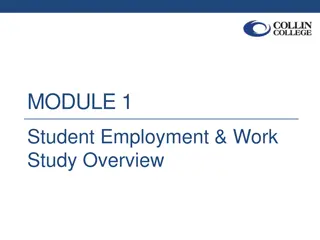
Effective Student Feedback: Importance and Best Practices
Discover why student feedback is crucial for course improvement and how to provide constructive comments respectfully and effectively. By offering specific examples, focusing on improvement, and being honest, students can shape the future of their courses positively.
Download Presentation

Please find below an Image/Link to download the presentation.
The content on the website is provided AS IS for your information and personal use only. It may not be sold, licensed, or shared on other websites without obtaining consent from the author. If you encounter any issues during the download, it is possible that the publisher has removed the file from their server.
You are allowed to download the files provided on this website for personal or commercial use, subject to the condition that they are used lawfully. All files are the property of their respective owners.
The content on the website is provided AS IS for your information and personal use only. It may not be sold, licensed, or shared on other websites without obtaining consent from the author.
E N D
Presentation Transcript
Student Feedback of Courses What They Are, Why They Matter, and How to Do Them Well
What Student Feedback is & Why it Matters A Voice for Students/YOU You can offer constructive feedback on your course and class experience. You can shape future offerings of a course, e.g., texts, activities, assessments. The more students who participate, the louder your voices are heard. Valuable Feedback for your Instructors & the Institution Your comments help instructors decide what should be kept, changed, dropped. Your feedback tells the university about the success and experiences in courses & programs.
How to Write Useful & Effective Comments Be respectful: Derogatory comments or criticisms based on race, religion, gender, sexual orientation, physical appearance are not appropriate. Focus on what can be improved. Provide comments on what your instructor could improve. Be specific & provide examples: Speak based on your own experiences, not on behalf of your classmates. Describe the impact on your learning: This helps the instructor improve the learning experience. Offer alternative solutions or suggestions: Such suggestions constructively address your critiques of the instructor or the course and this helps the instructor plan the course for the following year.
How to Write Useful & Effective Comments Provide both positive and negative comments in a constructive manner: Comments should offer specific reasons for judgment. Avoid personal or emotional comments: Describing how a situation, incident, behavior, or element of the course made you feel offers a different perspective & allows the instructor to gain a better understanding of the situation. Consider areas of responsibility: Comment on factors the instructor clearly has control over and that influence the quality of a course. Don t focus on areas shared with or controlled by other students and/or administrators; you have another opportunity to voice your opinion on these elements in other university wide student surveys. Be honest: Keep in mind your contribution to the class and how much effort you put in. Self-reflection and accountability are important parts of this process.





